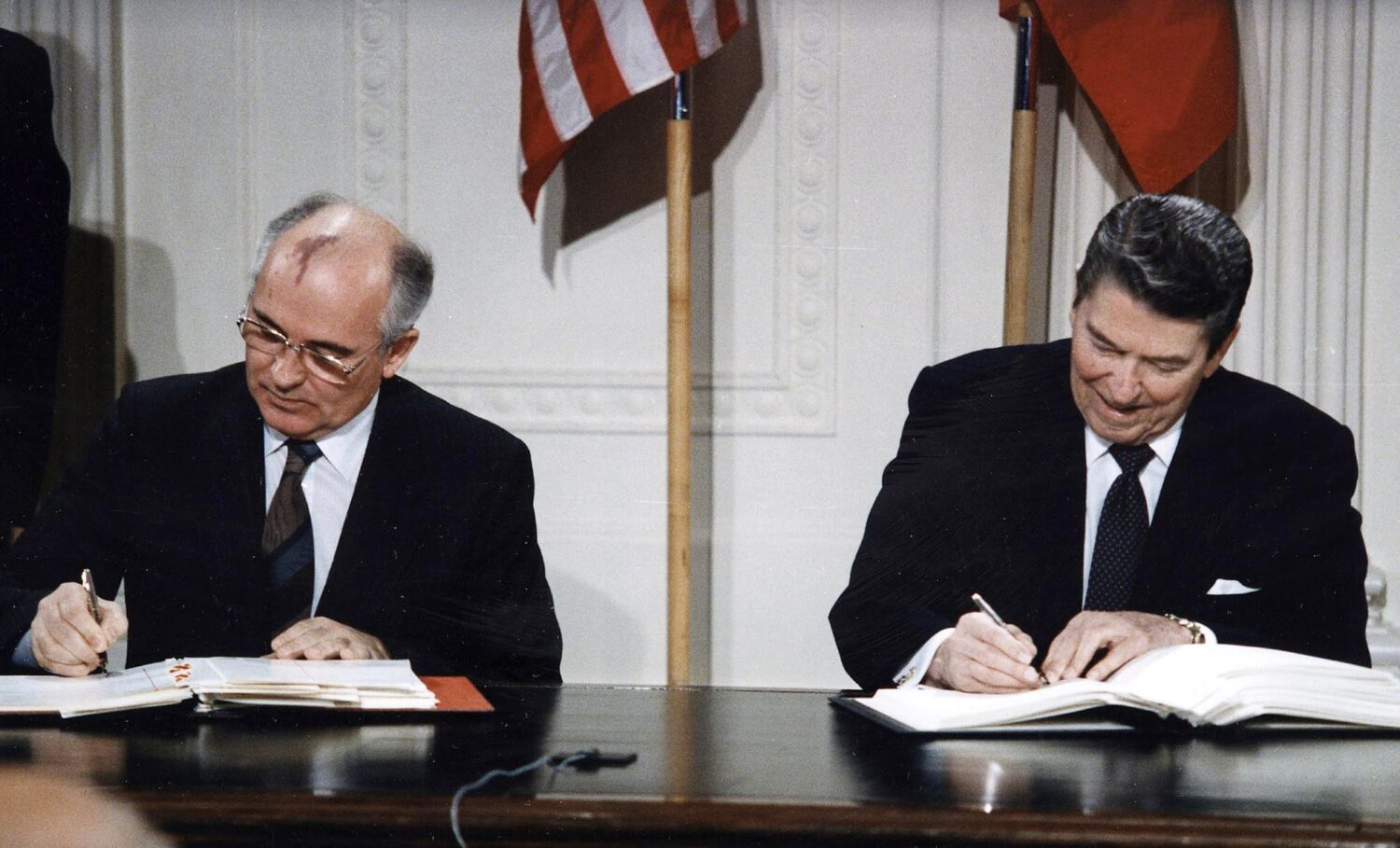In August 2019, the United States withdrew from the Intermediate-Range Nuclear Forces Treaty, a bilateral agreement with Russia signed in 1987. The INF Treaty restricted the U.S.’ and Russia’s abilities to cultivate short-range and immediate-range ballistic missiles. With these restrictions lifted, Washington and Moscow are faced with the question of how to deal with mutual arms control. The transition to the Biden administration has marked a clear shift in foreign policy approaches. The Trump administration maintained a skeptical attitude toward multilateral engagement whereas the Biden administration has promised to re-engage with those same institutions. The Biden administration’s re-engagement with the international community and its recent extension of the New START Treaty, a different bilateral arms agreement with Russia, could indicate that the US is willing to rejoin the INF.
American proponents of the INF Treaty argue that the deal was necessary to keep Russia’s missile development in check. Since the INF Treaty concerns shorter-range missiles, the primary utilization of these missiles would be against regional neighbors in Europe and Asia. The 2014 Russian annexation of Crimea demonstrated Russia’s willingness to terrorize regional neighbors to strengthen its own power. A 2019 NATO report corroborated these concerns and suggested that Russia’s eagerness to leave the INF Treaty could indicate ulterior motives to develop more short-range missiles that could be deployed against NATO member-nations. In a perfect world, re-entering the INF Treaty would ameliorate these concerns, but the reality of Russia’s historical compliance indicates that this is easier said than done.
Russian violation of the deal was the main reason cited for the U.S. withdrawal from it. In 2014, the U.S. and its NATO allies accused Russia of building missiles that violated the terms of the INF treaty. The concern escalated to the point that, in 2016, Obama Administration officials expressed their concerns to the New York Times that Russia might launch the treaty-violating missiles. Any revised deal must address these violations. Without addressing the concern of Russian circumvention, the U.S. might balk at the opportunity to re-enter the Treaty on these terms.
The previous deal’s enforcement mechanisms involved baseline inspections and up to 20 short-notice inspections per year. Even proponents of the INF Treaty argued that these measures were insufficient and that advanced missile-detection technologies should be employed to check back against possible circumvention. Any new deal would need to include more rigorous and frequent inspections and would also need to spell out clear punitive measures against Russia.
Russia still has an incentive to join a new INF Treaty despite its past violations of the deal. The INF Treaty restricts both the U.S.’ and Russia’s ability to build these missiles, so Russia would be able to inspect and restrict the U.S.’ missile program. Beyond the material conditions of limiting the U.S.’ missile program, Russia also stands to gain diplomatically with China if they can create the perception that the U.S. is not planning on launching close-range missiles. Simply by signing the agreement, Russia could signal to China that they will act to limit America’s close-range missiles. Although the circumstances surrounding re-entry are not perfect for Russia, incentive for it to rejoin the agreement looms large.
China’s role in the INF negotiations exists not only as an outside party, but extends to the terms of the treaty itself. One hesitancy from Russia to re-enter the INF Treaty stems from the Treaty’s lack of jurisdiction over China. Consequently, both the U.S. and Russia have expressed an interest in adding China to the INF Treaty. While China has stated its opposition to becoming party to the INF Treaty, it is still possible that the U.S. and/or Russia could convince Beijing to join the treaty. For example,economic or military sanctions against China could get lifted conditionally upon China entering the INF Treaty. Even if China does not ultimately become a party to the INF Treaty, Russia still has plenty of incentives to re-join the INF Treaty.
As skepticism towards multilateral institutions has risen, a new INF Treaty agreement could act as a means to dampen that mistrust. Given NATO’s aforementioned disapproval with the termination of the INF Treaty, re-entering a version of this deal would send a strong signal to NATO allies about where U.S. foreign policy priorities lie. Even if the U.S. is fully fixated on re-entering the INF Treaty, it must not be naive in automatically assuming Russian compliance. The perceived benefits of the INF Treaty must be weighed against Russia’s willingness to enter and follow any agreement. The U.S. must consider a revised deal to make compliance stricter and punishments more stringent.
Image Credit: “Reagan and Gorbachev signing.jpg” by the White House Photographic Office is in the public domain



